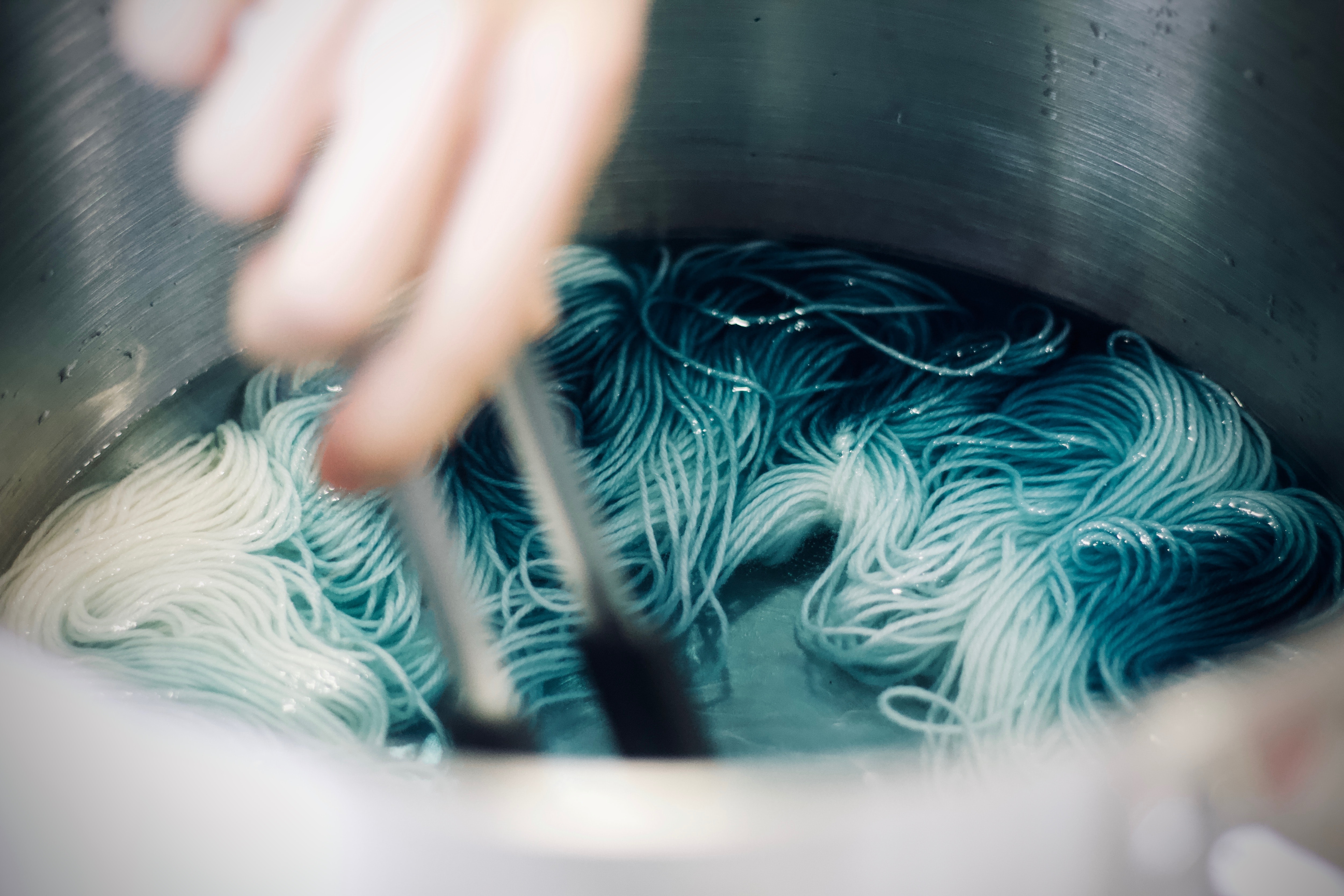Chapter 2. Crafting History, Crafting Rhetoric: Locating Craft Agency
Why does rhetoric need to incorporate craft? And more specifically, why does new materialist rhetoric need craft? In Chapter 2, Leigh Gruwell (2022) answers these questions with an overview of craft history and theory alongside the rhetorical concepts of techne, mêtis, and kairos. In doing so, Gruwell aims to define craft's "most salient features" (p. 42) in relation to new materialist rhetorics to demonstrate how craft and rhetoric are intertwined.
Craft fits with new materialist rhetoric because, as Gruwell explains, "craft knowledge of techne does not depend on (and even refuses) the stable subject and instead values the fluid agency of new materialism" (p. 53). Yet, without kairos, "rhetoric as a materially enmeshed techne is impossible" (p. 54). Gruwell's inclusion of kairos—generally referred to as knowing the timing is right—alongside techne and mêtis draws attention to human and nonhuman materiality and power.
Here, I continue applying craft agency to community cookbooks. Although considered collaborative texts because of their community construction, craft agency can be applied to ask whose stories the curators circulate, who is written out of these spaces, and why. I'm asking these questions about cookbooks created by the women's volunteer organization the Junior League, specifically the Denver chapter. The Junior League of Denver (JLD) has used cookbooks as a fundraiser to support community projects that provide medical support for patients over 65 and children's literacy programming since 1978. Through applying craft agency to examine the ethical entanglements while conducting close readings of their cookbooks, the JLD ultimately constructs, circulates, and maintains a white upper-middle-class identity expressed through recipes associated with the outdoors and upscale events, or what their cookbook Centennial Celebrations (2019) referred to as "urban sophistication meets outdoor adventure" (p. 13). Reading cookbooks through craft agency establishes an ethical awareness of how communities' food circulates and constructs power dynamics.
